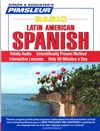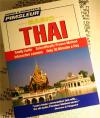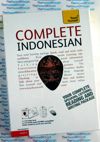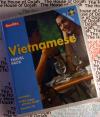Cantonese Chinese Phrasebook - Lonely Planet
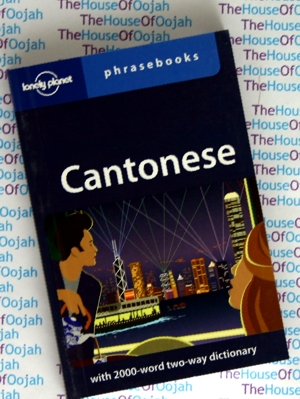
Lonely Planet Cantonese Chinese Phrasebookwith 2000 word two-way dictionary Get Other Chinese - Mandarin and Cantonese language learning Audio and Books click here |
 |
Lonely Planet Cantonese Chinese Phrasebook Phrasebook paperback 135grams Pack this phrasebook for: Hong Kong, East and Southeast Asia * Two-way dictionary About Cantonese ChineseStandard Cantonese is a variant of Cantonese (Yue) Chinese . It is spoken natively in and around the cities of Guangzhou, Hong Kong, and Macau in Southern China. Standard Cantonese is the de facto official Chinese spoken language of Hong Kong and Macau, and a lingua franca of Guangdong province and some neighbouring areas. It is also spoken by many overseas Chinese of Guangdong, Hong Kong or Macau origin in Singapore, Malaysia, Canada, United States, Australia, Europe and elsewhere. Historically, Cantonese was the most common form of Chinese spoken by overseas Chinese communities in the Western world, although that situation has changed with the increasing importance of Mandarin in the Chinese-speaking world as well as immigration to the West from other countries as well as other parts of China. Cantonese is usually referred to as a spoken dialect, and not as a written dialect. Spoken vernacular Cantonese differs from modern written Chinese, which is essentially formal Standard Mandarin in written form. Written Chinese spoken word for word sounds overly formal and distant in Cantonese. As a result, the necessity of having a written script which matched the spoken form increased over time. This resulted in the creation of additional Chinese characters to complement the existing characters. Many of these represent phonological sounds not present in Mandarin. A good source for well documented Cantonese words can be found in drama and opera (大戲 daai hei) scripts. Written Cantonese is largely incomprehensible to non-Cantonese speakers because written Cantonese is based on spoken Cantonese which is different from Standard Mandarin in grammar and vocabulary. "Readings in Cantonese colloquial: being selections from books in the Cantonese vernacular with free and literal translations of the Chinese character and romanized spelling" (1894) by James Dyer Ball has a bibliography of works available in Cantonese characters in the last decade of the nineteenth century. A few libraries have collections of so-called "wooden fish books" written in Cantonese character. Facsimiles and plot precis of a few of these have been published in Wolfram Eberhard's "Cantonese Ballads." See also "Cantonese love-songs, translated with introduction and notes by Cecil Clementi" (1904) or a newer translation of these Yue Ou in "Cantonese love songs : an English translation of Jiu Ji-yung's Cantonese songs of the early 19th century" (1992). Cantonese character versions of the Bible, Pilgrims Progress, and Peep of Day as well as simple catechisms were published by mission presses. The special Cantonese characters used in all these was not standardized and shows wide variation. With the advent of the computer and standardization of character sets specifically for Cantonese, many printed materials in predominantly Cantonese speaking areas of the world are written to cater to their population with these written Cantonese characters. As a result, mainstream media such as newspapers and magazines have become progressively less conservative and more colloquial in their dissemination of ideas. Generally speaking, some of the older generation of Cantonese speakers regard this trend as a step "backwards" and away from tradition. This tension between the "old" and "new" is a reflection of a transition that is being undergone by the Cantonese speaking population. |
Lonely Planet Cantonese Chinese Phrasebook |

 0 Items (Empty)
0 Items (Empty)
